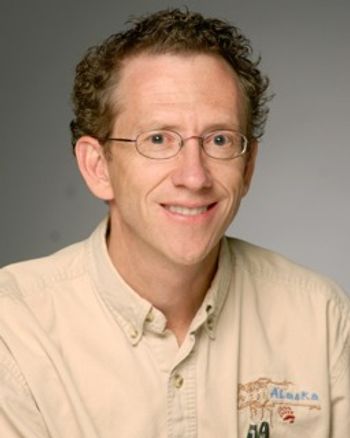
The Importance of Scientific Thinking in Medicine
When it comes to improving diagnosis in healthcare, the importance of scientific thinking must be stressed. It doesn’t take magic.
The Institute of Medicine has released a
The IOM's earlier report, "To Err is Human" dealt primarily with procedural error - such as cutting off the wrong limb, dispensing the wrong medication, failing to follow up on abnormal path results, etc. Unlike the process of filling a prescription, for example, diagnosis is not a simple, precise, well-defined process with an outcome that can only be right or wrong. There is no gray area about a prescription. There are either 10 Lasix pills in the bottle or there aren't and the label either has the correct name, lot number expiration date or it doesn't. It cannot be "close" to being right. It cannot be approximately right now and improved upon later.
As a prelude to delving into an analysis of this report, it is worth considering how lay people and scientists think about causality, for to assigning diagnosis is to make a statement about its causation.
For millennia people engaged in magical thinking, anything that occurred might be the result of an unseen hand. Had the balance of magical forces been different, an apple might not fall to the ground, an arrow shot at you might be magically sent in a different direction. To get beyond magical thinking one must accept both that the laws of nature exists and that magic can’t alter them. Nevertheless, the tendency toward magical thinking is still strong.
Scientific thinking is applying logic to the subject of causality. It's about reasoning to the best explanation (abductive inference) and then setting about to find evidence to either confirm or disprove that explanation. Every inference (hypothesis), even those that initially prove true, must be held open for possible reevaluation, should new, contradictory evidence emerge. Some inferences arrived at in this manner eventually accumulate so much confirmatory evidence that they are accorded the status of "law." This means that, while they remain "disprovable," the expectation is that they will withstand all future tests.
Magical thinking and scientific thinking each rest on a belief. Magical thinking rests on the belief that the unseen hand can alter anything or make anything happen, if it so chooses. Scientific thinking rests on the belief that there is no unseen hand (except perhaps the one that create the entire orderly system based). The unexpected is not the unseen hand at work.
The educational system has failed to communicate the distinction between scientific and magical thinking. It has also failed to inculcate the scientific method and process. As a result, many lack the ability to recognize those situations in which there is something known, although they don't know it (Rumsfeld's known unknowns). It may be expecting too much to think that people will ever be able to identify that an “unknown unknown” is involved. However, poor education and the inability to think scientifically means that, for many, there are actually "unknown knowns" - things that they know but of which they are clueless.
Known unknowns are a great stimulus to magical thinking. When you haven't got the knowledge and you don't really get causality, logic, and abduction, a magical explanation may seem perfectly reasonable. Furthermore, when scientific controversies and conflicting results become public, it upsets the belief that science is about certainty and precision, which it of course, is not. A common reaction is to distrust all science.
Medicine is especially susceptible to this kind of distrust. As scientists know, medicine is one part correct knowledge, one part incorrect knowledge, and four parts unknown unknowns. An inherently unpredictable environment and more than seven billion unique genomes constitute a myriad of factors that exert influences that, when combined, may yield unexpected results. When the results are unexpected, the lay person may view this unpredictability as a failing of physicians or of science in general or both.
Newsletter
Optimize your practice with the Physicians Practice newsletter, offering management pearls, leadership tips, and business strategies tailored for practice administrators and physicians of any specialty.






